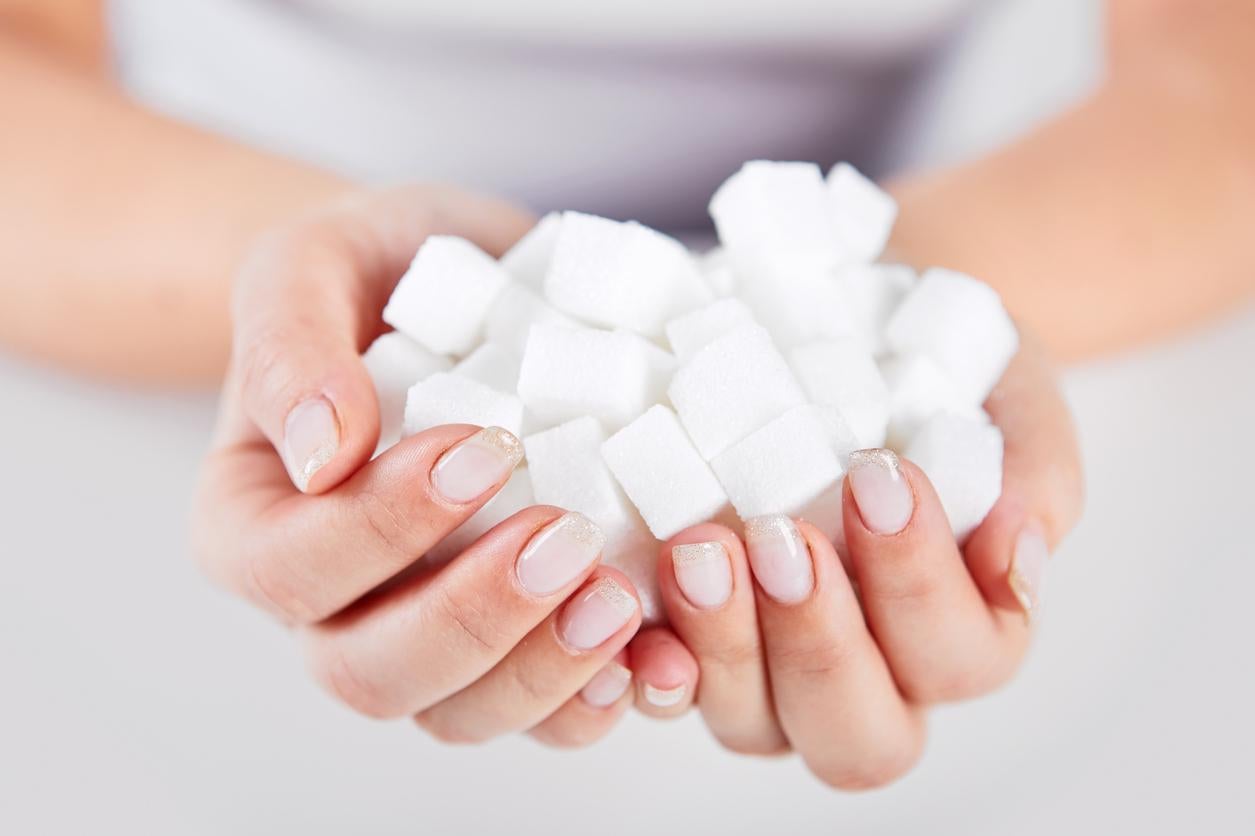Agave syrup is just as unhealthy as sugar, say scientists
It's time to ignore the 'nutribabble'

Your support helps us to tell the story
From reproductive rights to climate change to Big Tech, The Independent is on the ground when the story is developing. Whether it's investigating the financials of Elon Musk's pro-Trump PAC or producing our latest documentary, 'The A Word', which shines a light on the American women fighting for reproductive rights, we know how important it is to parse out the facts from the messaging.
At such a critical moment in US history, we need reporters on the ground. Your donation allows us to keep sending journalists to speak to both sides of the story.
The Independent is trusted by Americans across the entire political spectrum. And unlike many other quality news outlets, we choose not to lock Americans out of our reporting and analysis with paywalls. We believe quality journalism should be available to everyone, paid for by those who can afford it.
Your support makes all the difference.Allying under the hashtag #eatclean, the wellness set has declared sugar the enemy while public health officials say that it’s the major contributing factor to our obesity epidemic.
Instead, ‘clean eating’ celebs like Gwyneth Paltrow and Deliciously Ella insist that, if you really must consume it, you should be opting for trendy alternatives like agave, rice malt or even maple syrup.
But, in news that is sure to please sugar lovers everywhere, experts are now saying that these fashionable forms aren’t healthier after all.
In fact, they’re just another, albeit far more expensive, type of sugar.
Speaking at the British Science Festival, dietitian and senior lecturer in human nutrition at Coventry University, urged people to ignore so-called ‘nutribabble.’
And when it came to the topic of replacement sweeteners, he said, “The bottom line is, sugar is sugar.”
A favourite of clean eating gurus, agave syrup – which costs up to £10.99 for 500ml on the high street – has a low glycemic index (GI), meaning it enters the bloodstream more slowly because of its low sucrose content.
But, it’s actually high in another type of sugar called fructose which makes it close in composition to the standard form of processed sugar we largely blame for obesity.
As such, experts are now saying that people would be better off consuming less normal sugar and buying healthy foods like fresh vegetables, rather than wasting money on ‘one-shot’ solutions glamourised by celebrities.
“There is a lot of 'nutribabble' out there, and that is the polite description,” Mellor added.
“We need to relax and not get so hung up about every individual part of our diet, and look at how the whole thing fits together.”
Join our commenting forum
Join thought-provoking conversations, follow other Independent readers and see their replies
Comments